

HHC vs CBD
Since the turn of the century, CBD, a non-psychoactive cannabinoid, has grown significantly. However, due to the misinformation and confusion about CBD, it didn’t enter the market immediately.
Before CBD rose to prominence on the market, we use to think that all cannabis caused highs. An example is THC, a psychoactive substance found in marijuana, it is consumed when smoked, and results in a generalised head and body high.
CBD is said to have several advantages, you rarely notice any of the effects because they are so mild. So it makes sense that many are sceptical of newer cannabinoids like HHC. Are they as mild as CBD or as strong as THC? Maybe in the middle.
In this article, you will get all the information about HHC vs CBD.
Overview of HHC
Hexahydrocannabinol (HHC) may not sound like other cannabinoids but it is a THC molecule. More specifically, the concept to add hydrogen atoms (hydrogenation) to THC to stabilise the molecule originated with American chemist Roger Adams in 1944.
This procedure was not new because margarine is made from vegetable oil through hydrogenation. Hydrogenation has many commercial applications, but it also helps us make this THC derivative.
Hexahydrocannabinol, or HHC in its extended form, is a THC molecule to which hydrogen has been added. Hemp naturally contains it, however only in very small amounts. More frequently, it is a synthetic THC made in a lab.
Although HHC is now commercially produced with CBD. Before going through a chemical reactor during manufacture, CBD is first extracted from hemp. The CBD is separated into a powder form, and through a series of steps, it is transformed into HHC.
Overview of CBD
Among naturally occurring cannabinoids, hemp plants are the main source of cannabidiol (CBD). Although it is also prevalent in marijuana, hemp has the highest quantities. CBD is not for anyone that wants to get high.
There is no need to synthesise or produce CBD because it is so widely distributed. Rather, it is taken from the hemp plant. This is primarily accomplished by hydrocarbon extraction, which yields a range of outcomes.
As for CBD, you need to know the type before you can obtain it. There are three different types of CBD namely: Full spectrum CBD, CBD isolate and broad spectrum CBD. Let’s take a look at the explanation of each of them.
Full spectrum CBD: Cannabinoids and plant extracts like terpenes are found in full-spectrum CBD.
Pure CBD isolates: it is available as a crystalline solid or a loose powder and contains no additional cannabinoids.
Broad-spectrum CBD: it lacks THC and it is available in the same range of products as full-spectrum CBD and contains several cannabinoids.
HHC and CBD Compared
Combining HHC and CBD is a fantastic choice if you want to have a distinctive cannabinoid experience. It has been reported anecdotally that users who combine these cannabinoids have a balanced buzz, which sounds great.
It’s comparable to what happens when you combine Delta-8 and Delta-10; the two offer you an unparalleled experience that enables you to do anything because they balance each other out, and the two cannabinoids operate well together.
HHC and CBD work together to generate a sort of harmony in your body. HHC causes a psychoactive high, although it is quite moderate and when CBD is added, the result is a special encounter that leaves you feeling sharp.
Although they are a good combination, individually they have different chemical structures. This has several tangible outcomes and advantages. Let’s examine the chemical composition, effects, and legality of HHC and CBD to differentiate them.
Chemical composition
The molecular structures of CBD and THC are identical. Both of them are composed of 2 oxygen atoms, 30 hydrogen atoms, and 21 carbon atoms. Does HHC share the same structure as CBD or THC as they are both sources of it? Not precisely.
The chemical makeup of HHC changes to include 21 carbon atoms, 32 hydrogen atoms, and 3 oxygen atoms. Although it might appear small, this change has just enough impact to be seen.
Effects
The main question when comparing HHC to CBD is “does HHC get you high?” Yes, that is the response. HHC causes a high. HHC doesn’t, however, provide as intense of a high as THC or even Delta-8.
CBD doesn’t have as strong of a psychoactive effect as HHC. HHC is favoured by many due to its mild high effect. Be aware that HHC will unquestionably make you stoned if you take a lot of it.
If you take a lot of HHC, you’ll feel the same effects as you would from THC. Even so, the high is generally a little less potent. Remember to start low and move slowly because dosage and intake are everything.
Legality
Is the legality of HHC and CBD different? Well, It depends. In 2018, the Farm Bill legalised hemp, leading to an explosion of new cannabinoids on the market. As long as it is a product of hemp, of which the majority are, it can be used.
Legality of CBD
The legality of CBD is a common question at the moment. Yes, CBD products will still be able to be purchased legally. The Food Standards Agency (FSA) statement is to blame for the confusion about the legal standing of CBD products.
New guidelines for CBD products were released by the FSA on February 13th, 2020. This meant that businesses have to file a novel-food application by March 31, 2021, to be permitted to continue selling CBD products.
The highest amount of THC that can be found in CBD that is allowed to sell, buy, and possessed in the UK is 1mg. Due to the extremely minute amount of the psychoactive component, CBD can be used without causing other cannabis effects.
Legality of HHC
There is a lot of uncertainty around the legality of HHC products here in the UK. At the moment HHC is not legal.
Additionally, all HHC products have a THC content of 0.2% or below, making them all safe to consume. However, you should consider companies that respect rules and won’t sacrifice the product’s content or quality to save money.
-

-
In stockOriginal price £25.00 - Original price £139.99Original price £0.00£25.00 - £139.99£25.00 - £139.99Current price £25.00
Earn 312 reward points
Orange County CBDBrought to you straight from the Sunshine State, Orange County's CBD oil combines full-spectrum, premium cannabinoids with natural terpenes to brin...
View full detailsOriginal price £25.00 - Original price £139.99Original price £0.00£25.00 - £139.99£25.00 - £139.99Current price £25.00Earn 312 reward points
-
Low stockOriginal price £19.99 - Original price £100.00Original price £0.00£19.99 - £100.00£19.99 - £100.00Current price £19.99
Earn 250 reward points
CBD by British CannabisIntroducing the new CBD Cannabis Oil from CBD by British Cannabis. This 100% Cannabis oil has been developed to be the best tasting most premium CB...
View full detailsOriginal price £19.99 - Original price £100.00Original price £0.00£19.99 - £100.00£19.99 - £100.00Current price £19.99Earn 250 reward points
-
In stockOriginal price £25.00 - Original price £25.00Original price £0.00£25.00£25.00 - £25.00Current price £25.00
Earn 312 reward points
CBD FXExperience the natural benefits of CBDfx Hemp Tincture, crafted with high-quality, pure hemp-derived CBD and MCT oil for optimum absorption and e...
View full detailsOriginal price £25.00 - Original price £25.00Original price £0.00£25.00£25.00 - £25.00Current price £25.00Earn 312 reward points
-
In stockOriginal price £19.99 - Original price £19.99Original price £0.00£19.99£19.99 - £19.99Current price £19.99
Earn 250 reward points
CBD FXExperience the natural benefits of CBDfx Hemp Tincture, crafted with high-quality, pure hemp-derived CBD and MCT oil for optimum absorption and ef...
View full detailsOriginal price £19.99 - Original price £19.99Original price £0.00£19.99£19.99 - £19.99Current price £19.99Earn 250 reward points
-
Low stockOriginal price £29.99 - Original price £149.99Original price £29.99 - Original price £149.99Original price £29.99£26.99 - £134.99£26.99 - £134.99Current price £26.99
Earn 337 reward points
Naturecan CBDBroad Spectrum 100% Natural Oil By Naturecan CBD is a high quality broad spectrum CBD oil produced from organically grown US hemp manufactured in t...
View full detailsOriginal price £29.99 - Original price £149.99Original price £29.99 - Original price £149.99Original price £29.99£26.99 - £134.99£26.99 - £134.99Current price £26.99Earn 337 reward points
Save up to 10% -
In stockOriginal price £64.99 - Original price £160.00Original price £0.00£64.99 - £160.00£64.99 - £160.00Current price £64.99
Earn 812 reward points
Supreme CBDSupreme CBD full spectrum oil provides the maximum CBD advantages and is available in three strong variants: 1500mg, 3000mg, and 6000mg. This full ...
View full detailsOriginal price £64.99 - Original price £160.00Original price £0.00£64.99 - £160.00£64.99 - £160.00Current price £64.99Earn 812 reward points










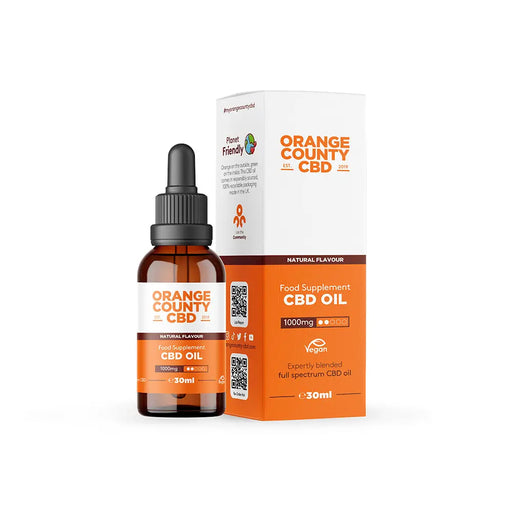
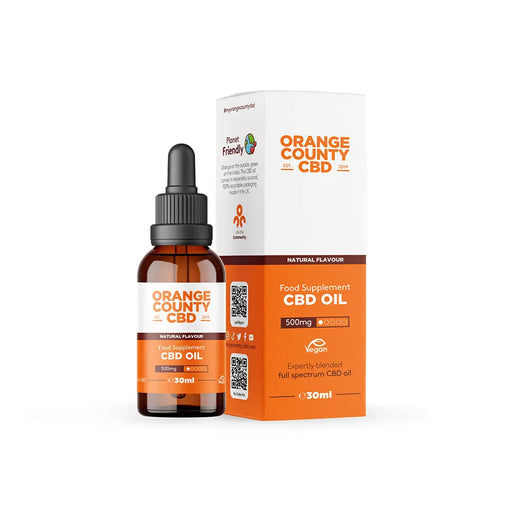
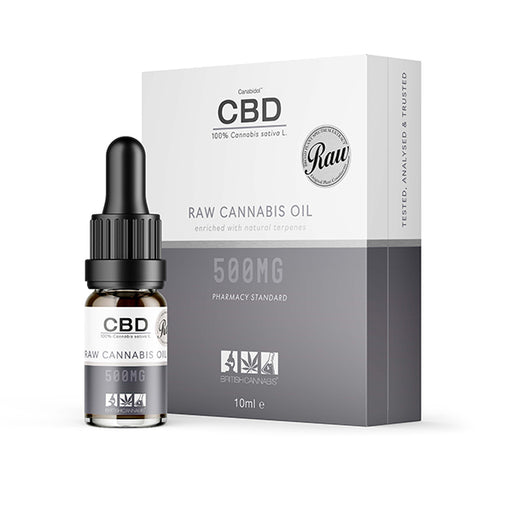
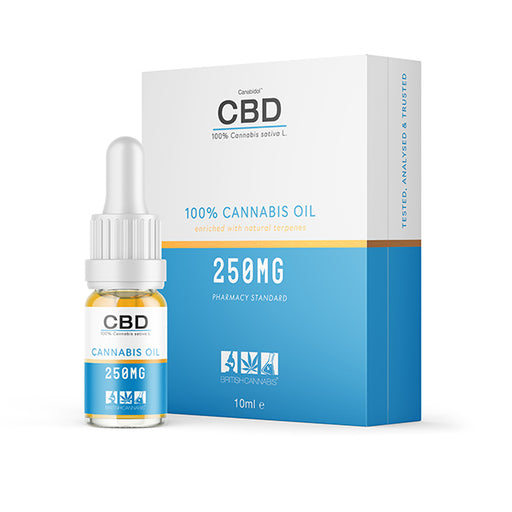


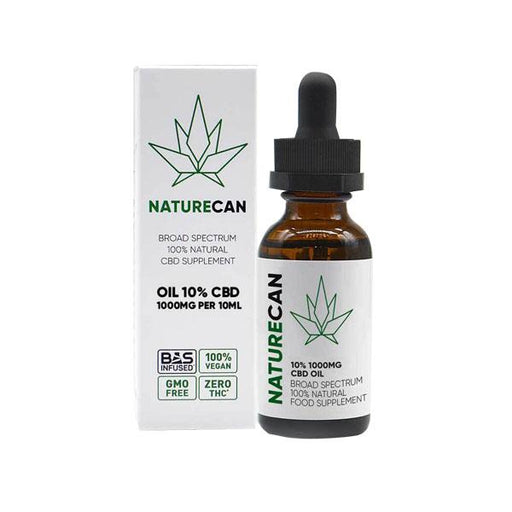
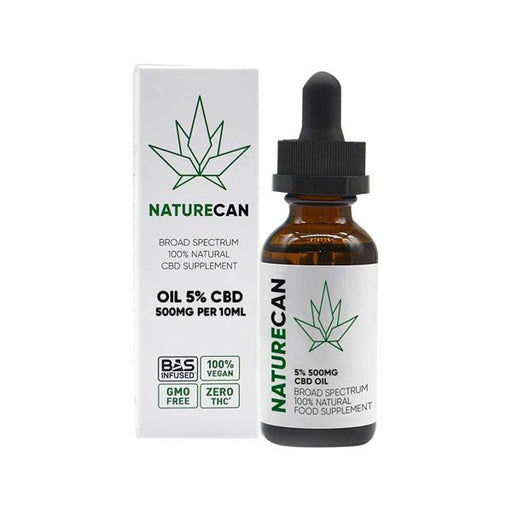


Leave a comment